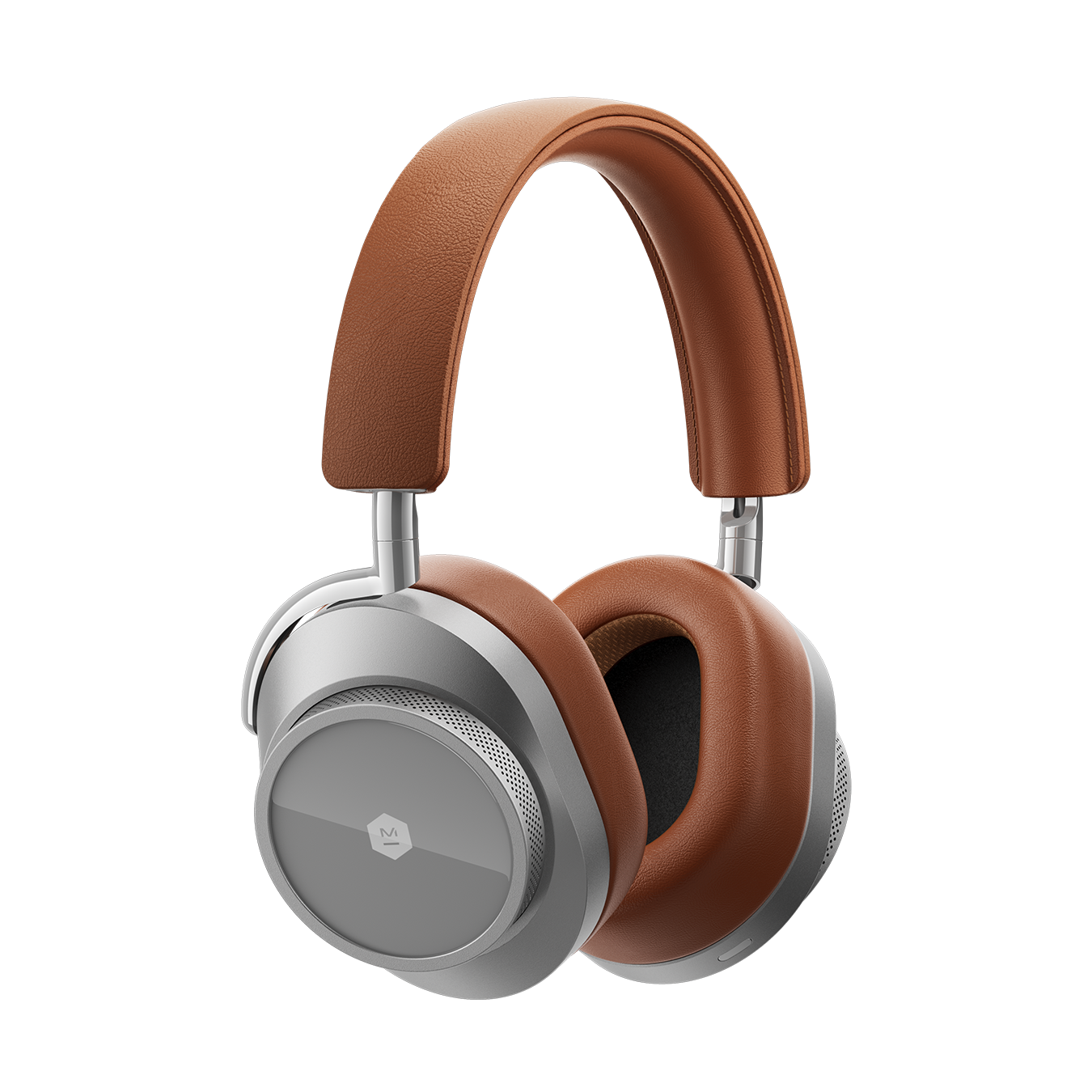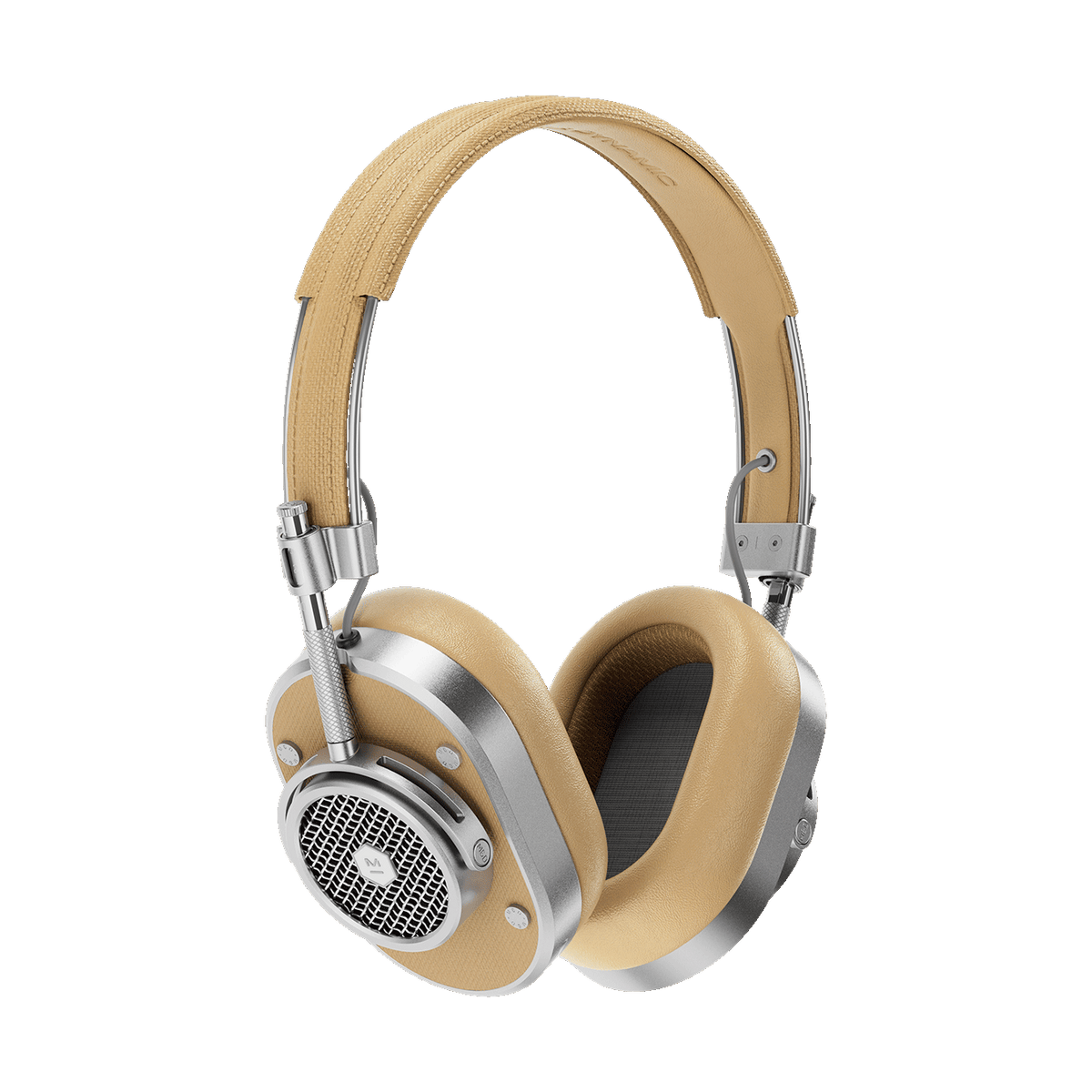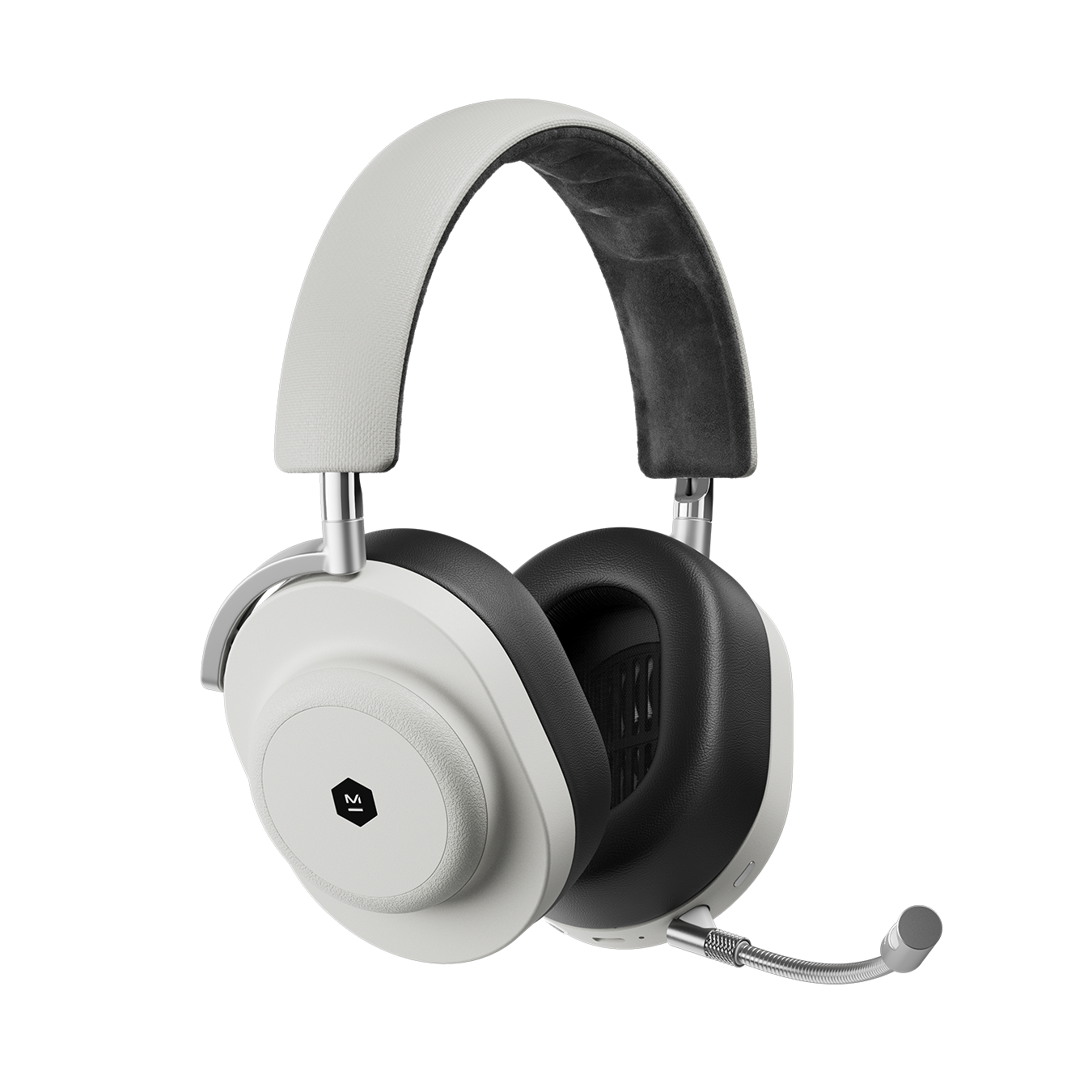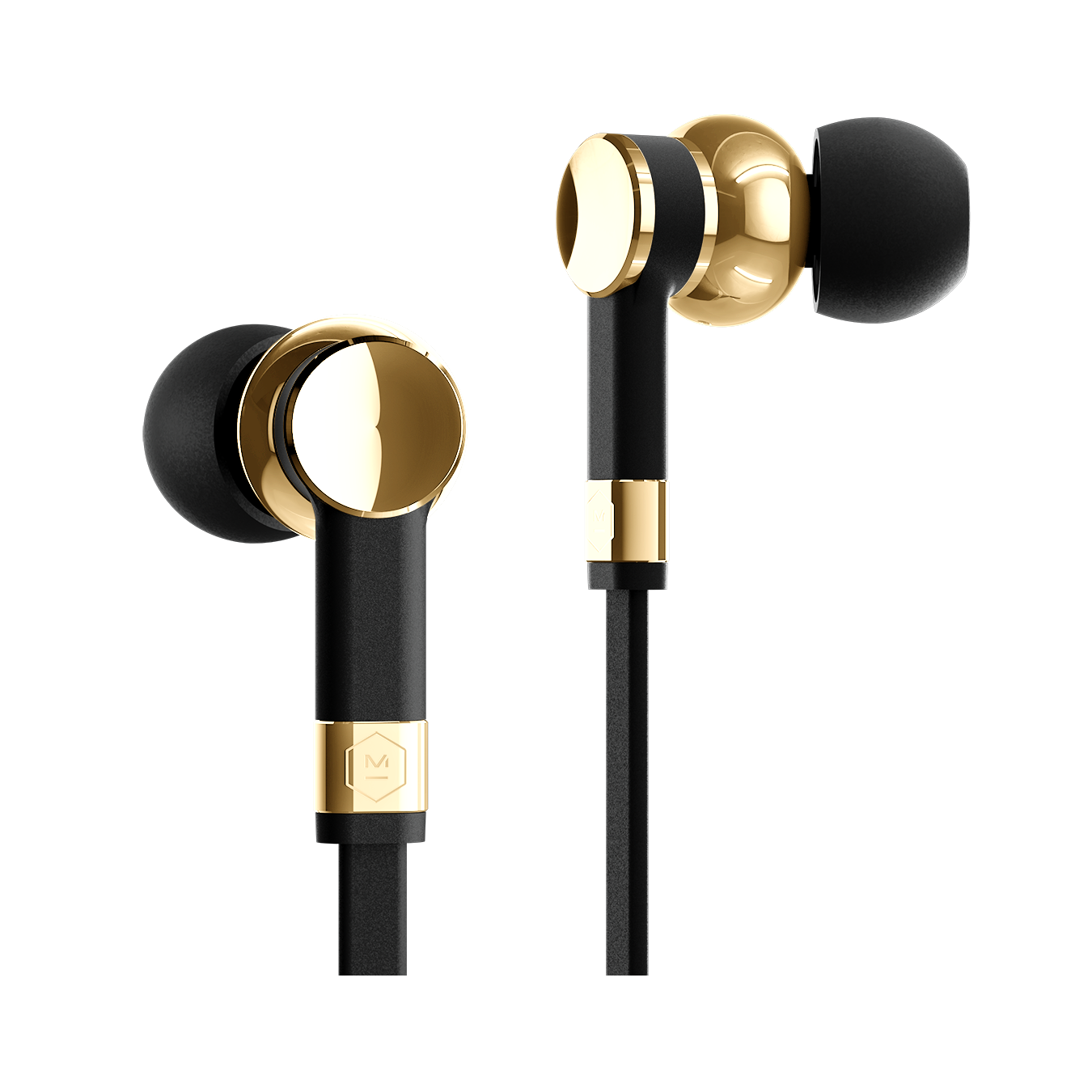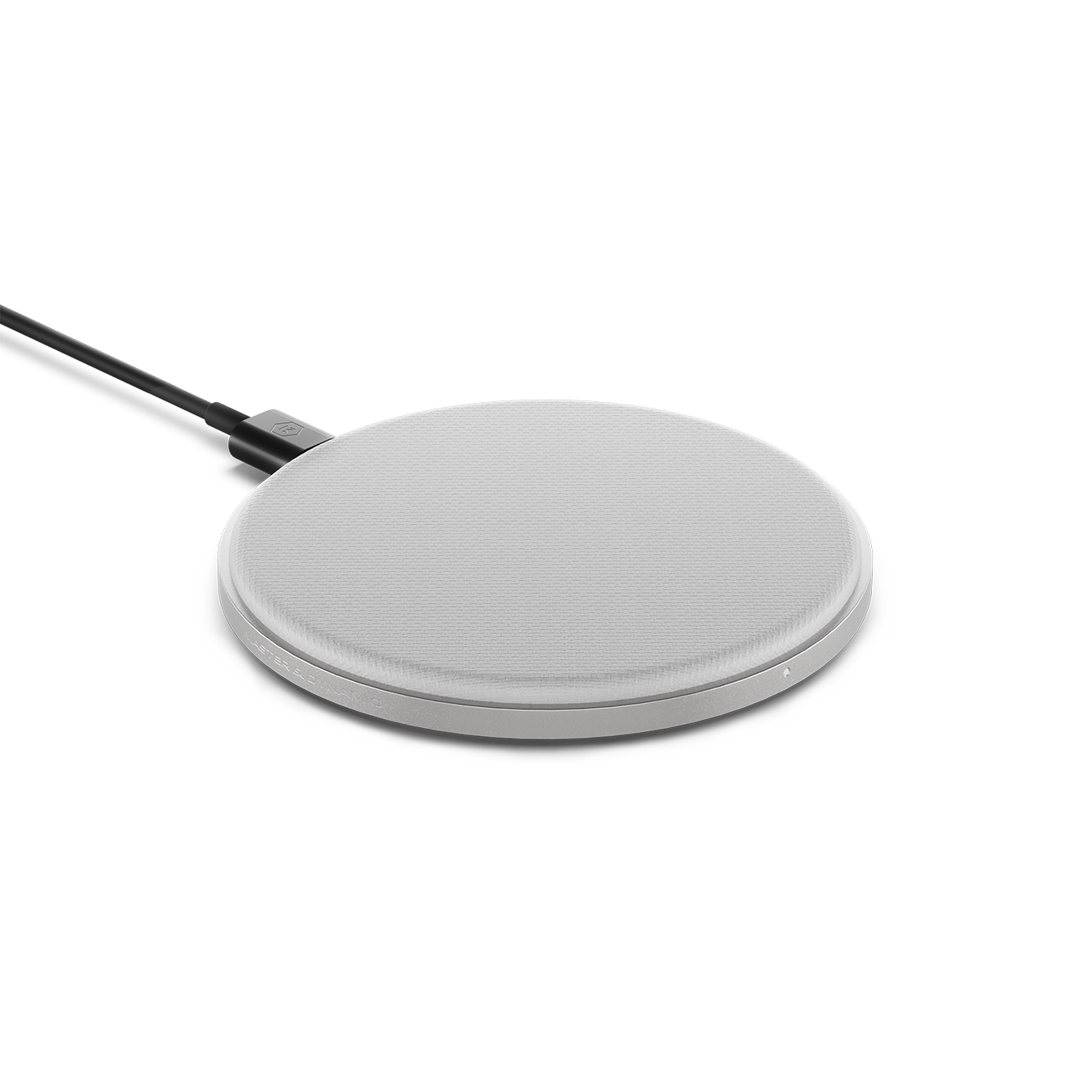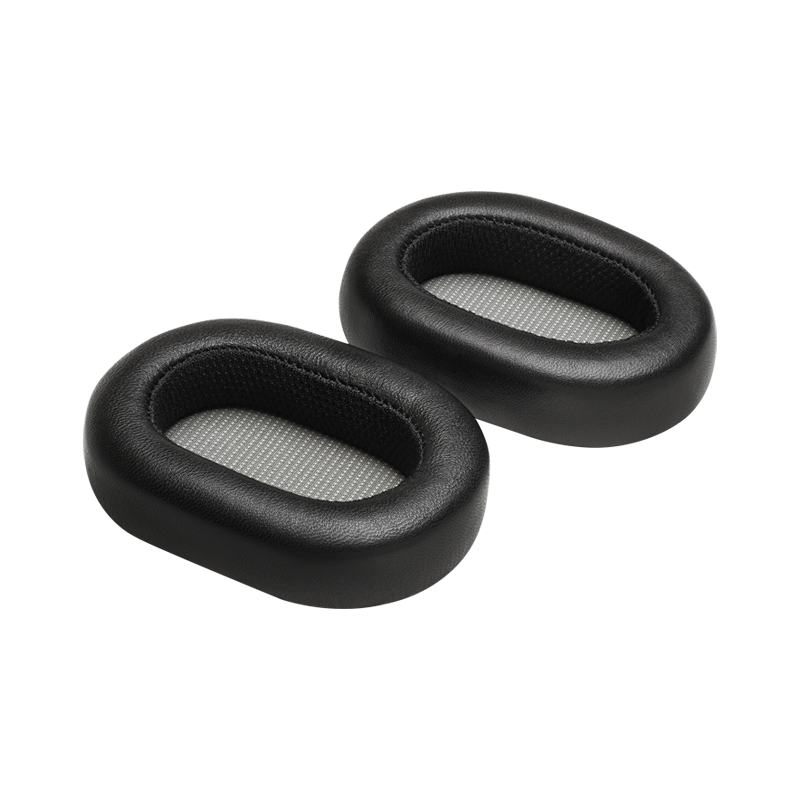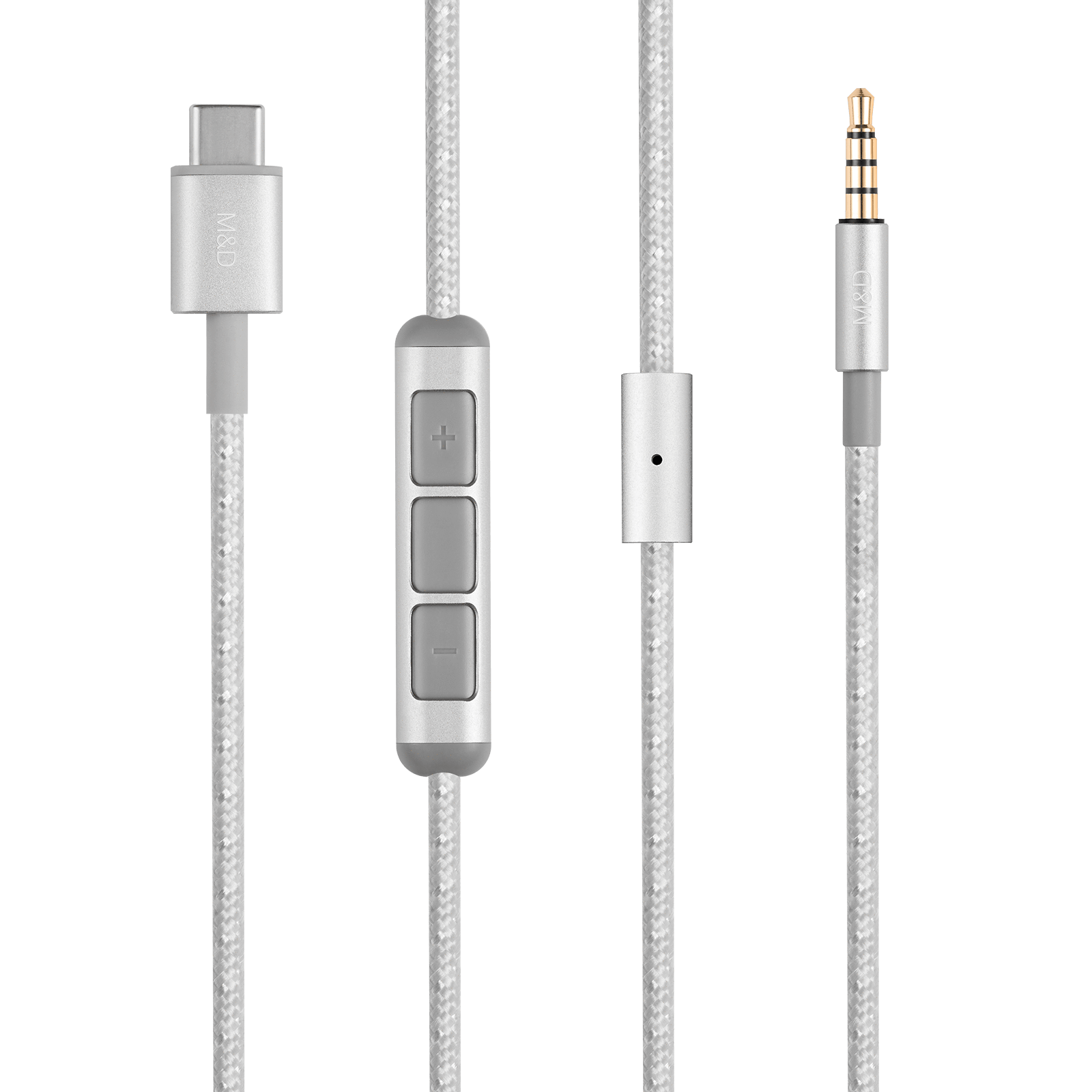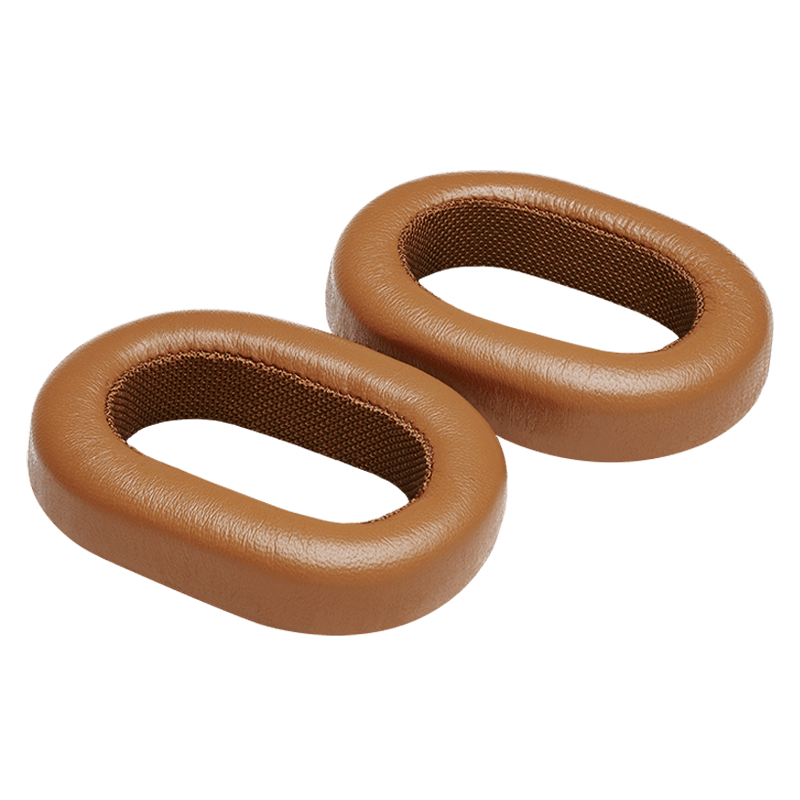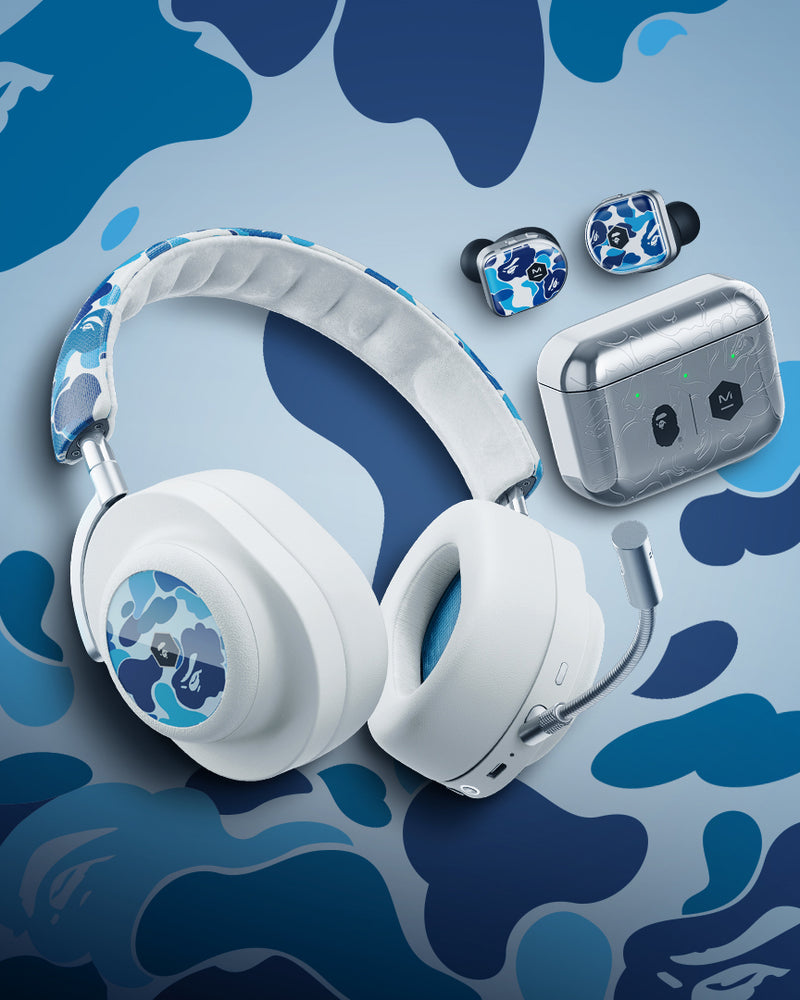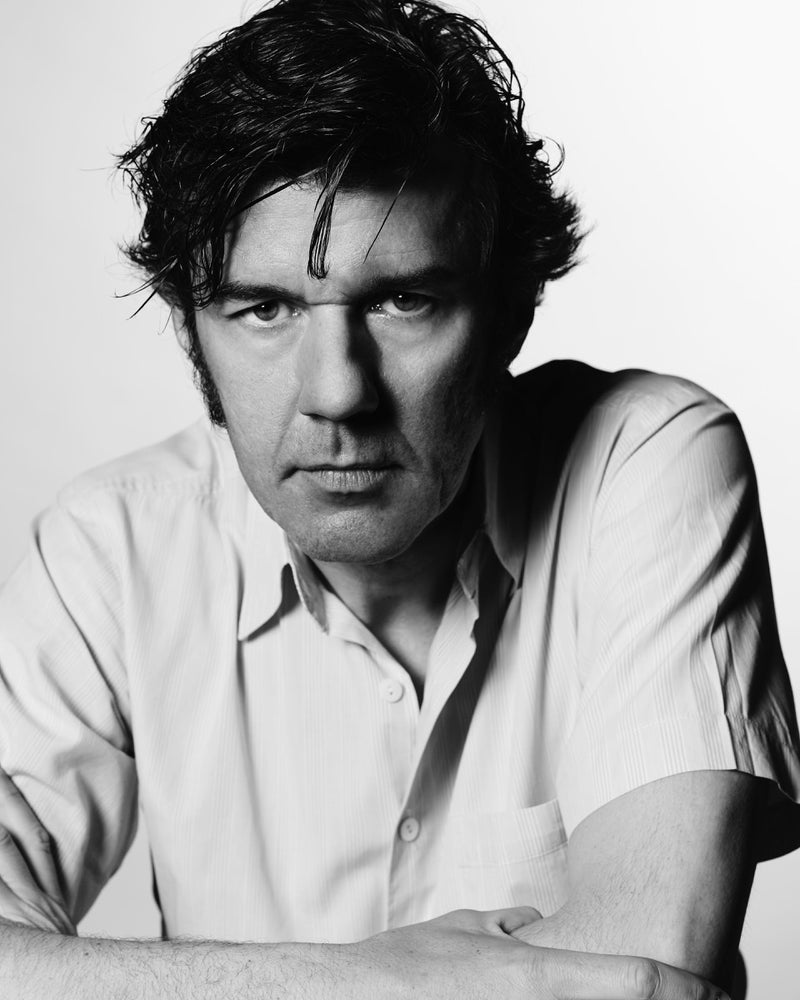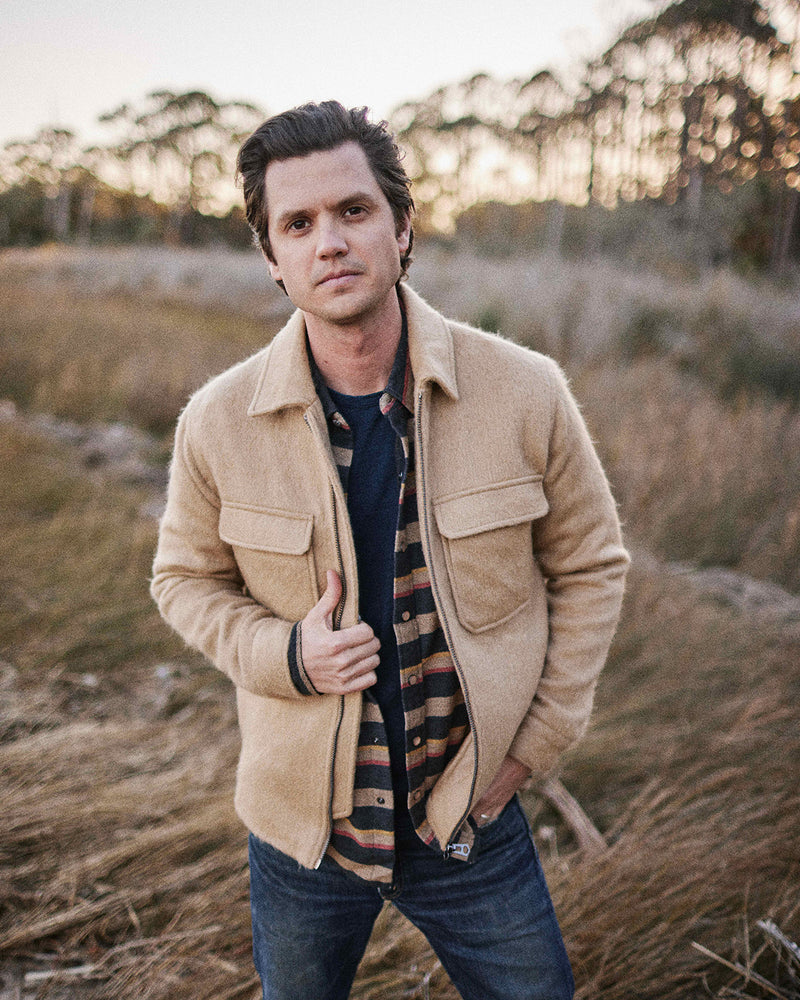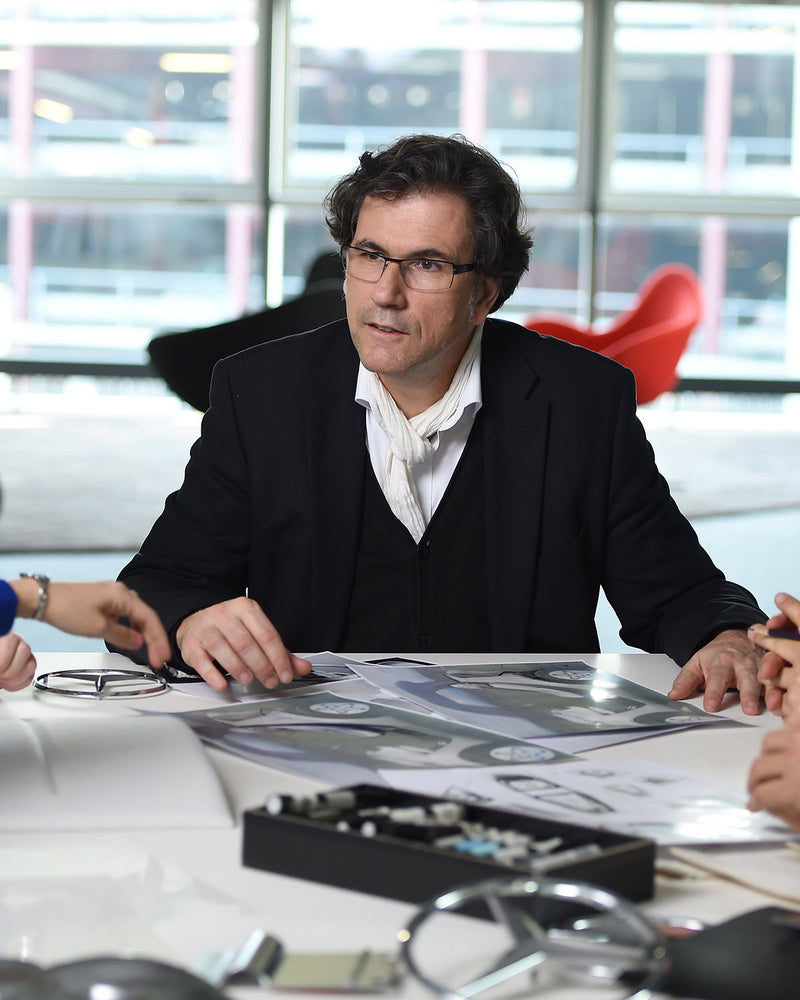A lot of people questioned the role that journalism even has now in music. Because artists have social media, so they can speak to fans on their own instead of getting us to interview them. And fans are determining the songs that are hot by streaming them, not us by covering. What role do we play?
The job of the critic is very much limited versus back in the day, because the accessibility fans and artists both have. But I still think it comes down to credibility. Artists still do care about a Billboard, about a Rolling Stone, about getting their namesake on a certain article. If Rolling Stone or Pitchfork gives your artists a fire review, I guarantee the artist is still going to post it. I guarantee that it’s still going to mean something to their self esteem. I think artists, believe it or not, appreciate it even more just off the strength that there aren’t as many publications anymore, and so that love is limited. It means a lot knowing that your fans fuck with you, but you know that a sacred group of revered journalists who have done X amount of work, who have the proper credentials to talk, if they give you that green light, that should still be something. If that wasn’t the case, artists wouldn’t post, “yo, I just got a new feature on Forbes. I just got a new feature on Billboard. I just got a new feature on VIBE.” What we say still matters and influences the culture.
So tell me about your decision to make an album when you were already this far into your career as a journalist.
I started Shut Up And Write in 2018. I had already been a year-plus over at Billboard. At that time, a lot of people didn’t know that I used to rap or write lyrics. So it would be a hobby of mine, just to freestyle every now and then. I would just keep the voice notes to myself, or send them to a few people. After a while, after sending some voice notes to my friends, I ended up sending them to some rapper homies I was cool with, one of them being Stalley. Me and Stalley had developed a relationship to where I trusted him enough. I sent him, Sylvan LaCue some stuff, Gerald Walker. They were very cool with the idea of me rapping. They were like, “why not take it to that next level?” So voice notes became actual records. One record became two, two became four. Next thing you know, I had recorded five records in 2018 at Stalley’s house. He was very supportive. Then life just took over for me, and I was still very shook. I was very scared of putting out some kind of body of work, because I didn’t know how people would take it. I felt like I had to put in work on the journalistic side. “Who the fuck are you to put out a project when you aren’t shit yet as a journalist?” I thought I was at a certain tier, but I didn’t feel established enough to drop this project. So I sat on it for a little bit, and then quarantine came, and I just woke up one day and I’m like, “I’ve always been the type to finish what I start. I’ve been sitting on this project for almost two years. I need to finish it. You’re in quarantine, you have an excessive amount of time.” And so I ended up going back to the booth, and next thing you know, I had ten tracks. So now, it’s just a matter of the rollout: how do you present to people that you rap?
I was finally comfortable in this space. I’ve gotten to a formidable place in my career as a journalist, now I gotta take this mask off and show that this is what I can do. Shout out to my team, we call ourselves the Federal Reserve. My boys Raphael, Alex and Mark helped me cook up the storyline. I started off with a freestyle over the Nas “Ultra Black” beat. The reaction based on that was going to determine how people rocked with me as a rapper. I had a shit ton of comments, everybody loved it. I started getting some love and support from people throughout the whole process: Reason, Royce 5’9”, Kevin Liles showed me love. It was just the nod of approval I needed to know that I’m going in the right direction.
When you first told me about the idea of you making an album, I remember thinking that other journalists would have an issue with it because of how it would look. What’s interesting to me is that when you were just talking about the people who respected you doing it, you were more moved by what other rappers were saying than what journalists were saying.
You know why I don’t care about what a journalist thinks? I’m 31 years old, I’ve been doing this since I was 19. If you look at my resumé, my byline speaks for itself. If you’re going to tell me my journalistic credibility is shot, look at all my interviews, look at the stories that I broke, investigative stories. I’ve reported stories with artists that I know, and I played it unbiased as hell. So I’ve always been that type of guy. This is why the title means so much to me, to the point I had to get it tatted. We shouldn’t be limited to doing multiple endeavors. If we want to pursue other hobbies, why can’t we? Because one journalist might say, “your shit’s trash?” All right cool, it’s not for you, I respect it. But somebody else is going to fuck with it.
Shut Up And Write initially supposed to be called The Atlanta Sessions, just off of the fact that I recorded the bulk of my project in Atlanta. But Shut Up And Write came from the popular Fox News phrase from the commentator who told LeBron and all the basketball players to just “shut up and dribble,” focus on basketball when they were speaking on police brutality and things affecting the community. When I was talking to Mark about the project he had mentioned, “cats in our field aren’t going to want to see or hear you rap. Shut up and write, do your job.” But why should I just focus on my 9 to 5? Why can’t I have other aspirations, hobbies and passions, especially if I have an undying love for it?
